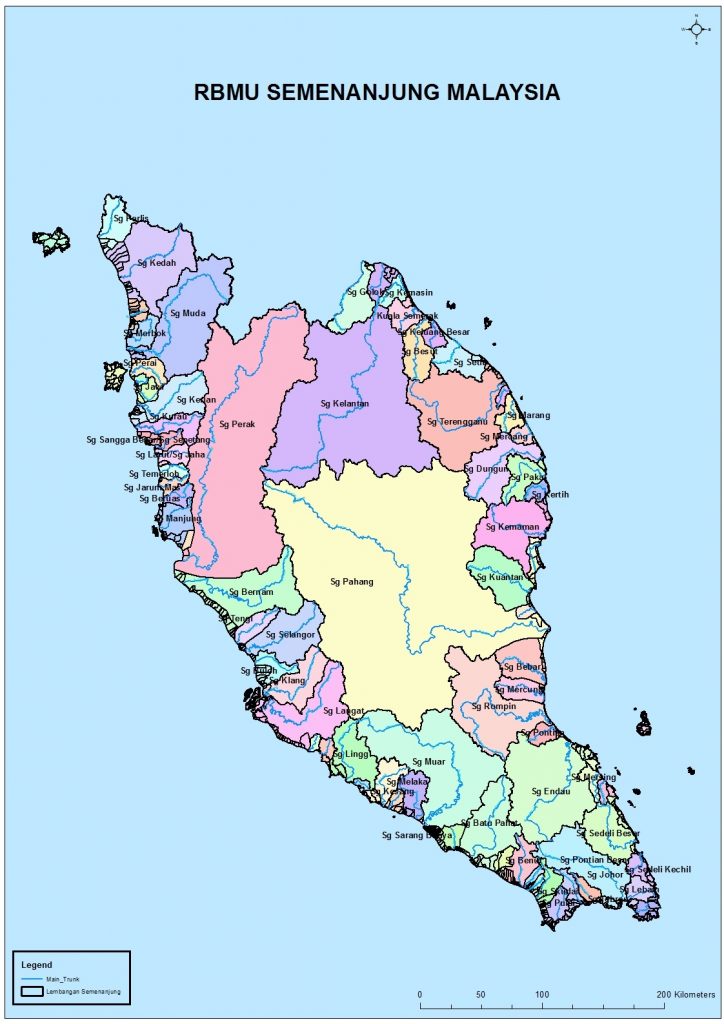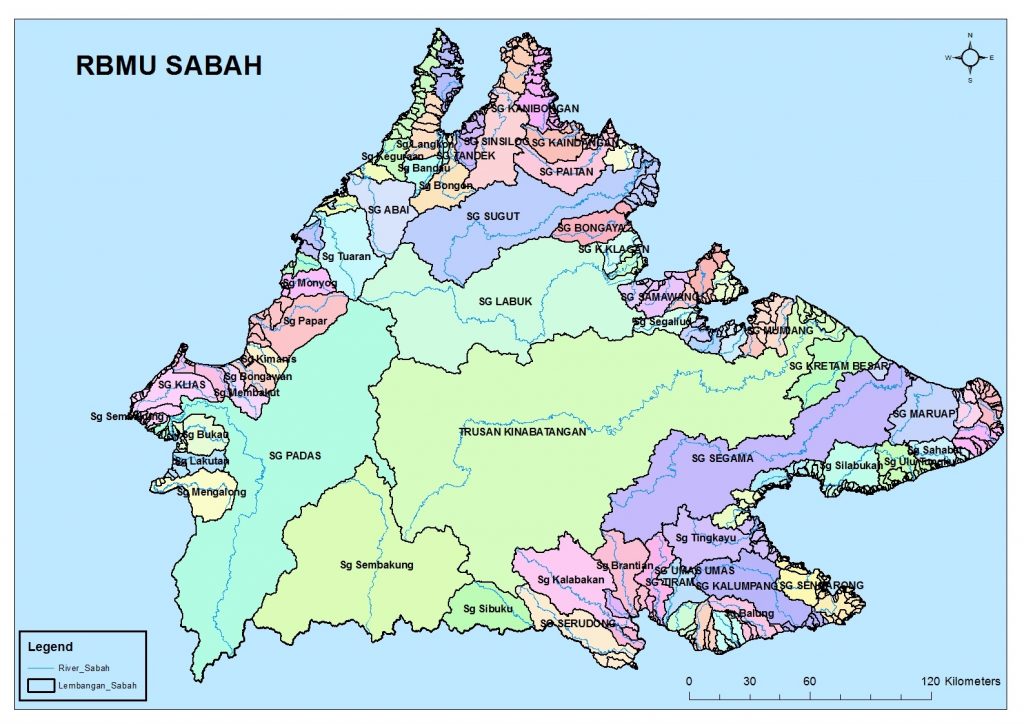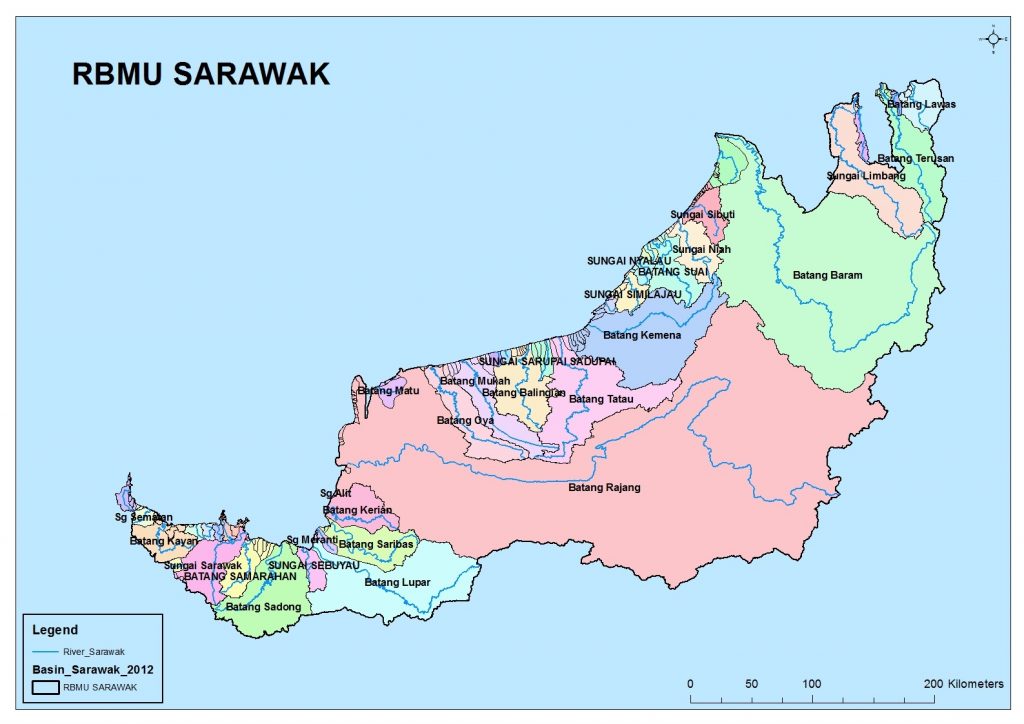State Governments Encourage Implementation of Integrated River Basin Management
An integrated approach is needed to ensure rivers, especially those that cross state borders, are managed in a holistic manner, said the National Resources, Energy and Climate Change Ministry (NRECC), according to The Star.
NRECC Deputy Secretary-General (Water and Sewerage), Datuk Razali Mohamad, said state governments are encouraged to implement an Integrated River Basin Management (IRBM) approach as a long-term measure to ensure rivers are well managed and preserved.
“It is an ideal method but requires the involvement of all stakeholders to achieve the objective of ensuring sufficient and clean water, reducing flood-risk and improving environmental conservation,” said Razali during his keynote speech when officiating the River Basin Management Dialogue recently.
His speech was read out by Ministry Senior Undersecretary (Management) Datuk Mohd Rodzwan Mohd Baba Sakri.
Razali added that the Drainage and Irrigation Department have developed IRBM plans for river basins in the country since 2011.



IRBM plans refer to the coordinated management of resources in the natural environment (air, water, land, flora and fauna), based on river basins as a geographical unit.
The objective is to balance man’s need for water with the necessity of conserving resources to ensure its sustainability.
A total of 23 IRBM plans have since been completed with another 24 under development.
“The 12th Malaysia Plan also targets the implementation of 10 IRBM plans by the end of 2025,” he said.
Through its implementation, Razali said the ministry hoped for rivers and basins to be well planned and managed.
“This would ensure safety and guaranteeing water resources for economic development as well as inheritance for future generations.
“Nevertheless, extra effort is needed for trans-boundary basins so a consensus can be obtained for the benefit of states involved,” he added.
Razali said there are 189 major river basins in Malaysia, each measuring more than 80km squared in size.
“These consist of 2,986 river basins throughout the country.
“Out of the 189 major river basins in Malaysia, 17 fall into category two, meaning they are shared by more than one state,” he said.
Among those in category two are the Muda River across Kedah and Penang, and the Muar River across Johor, Pahang, Melaka and Negeri Sembilan.
Four river basins meanwhile fell into category three, meaning they are shared with neighbouring countries.
They are the Pandaruan River shared with Brunei, the Sibuku and Sembakung River shared with Indonesia, and the Golok River shared with Thailand.
The River Basin Management Dialogue also saw a panel discussion among several experts.
They include South Australia Water Ambassador, Karlene Maywald; Malaysia Water Partnership President, Datuk Nor Hisham Mohd Ghazali; Perak Drainage and Irrigation Department Director, Ahmad Sharir Md Naziri and Universiti Kebangsaan Malaysia’s Associate Prof. Dr Rasyikah Md Khalid.
It was moderated by Malaysia Water Association President, Mohmad Asari Daud.
The dialogue was organised to identify best practices in the management of river basins.
This includes potential challenges and action steps by stakeholders in improving the management of river bodies, managing river borders holistically and water laws.
